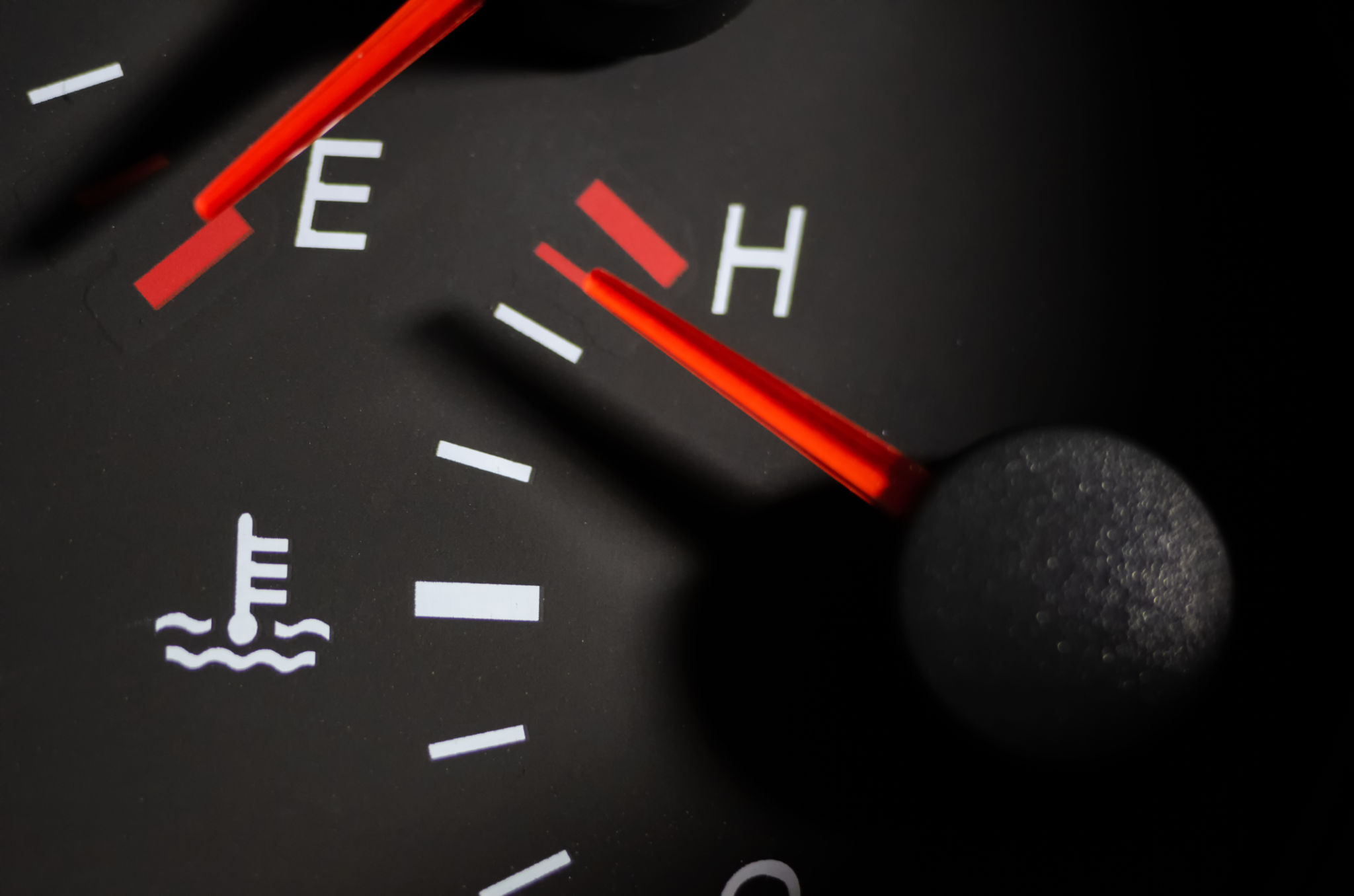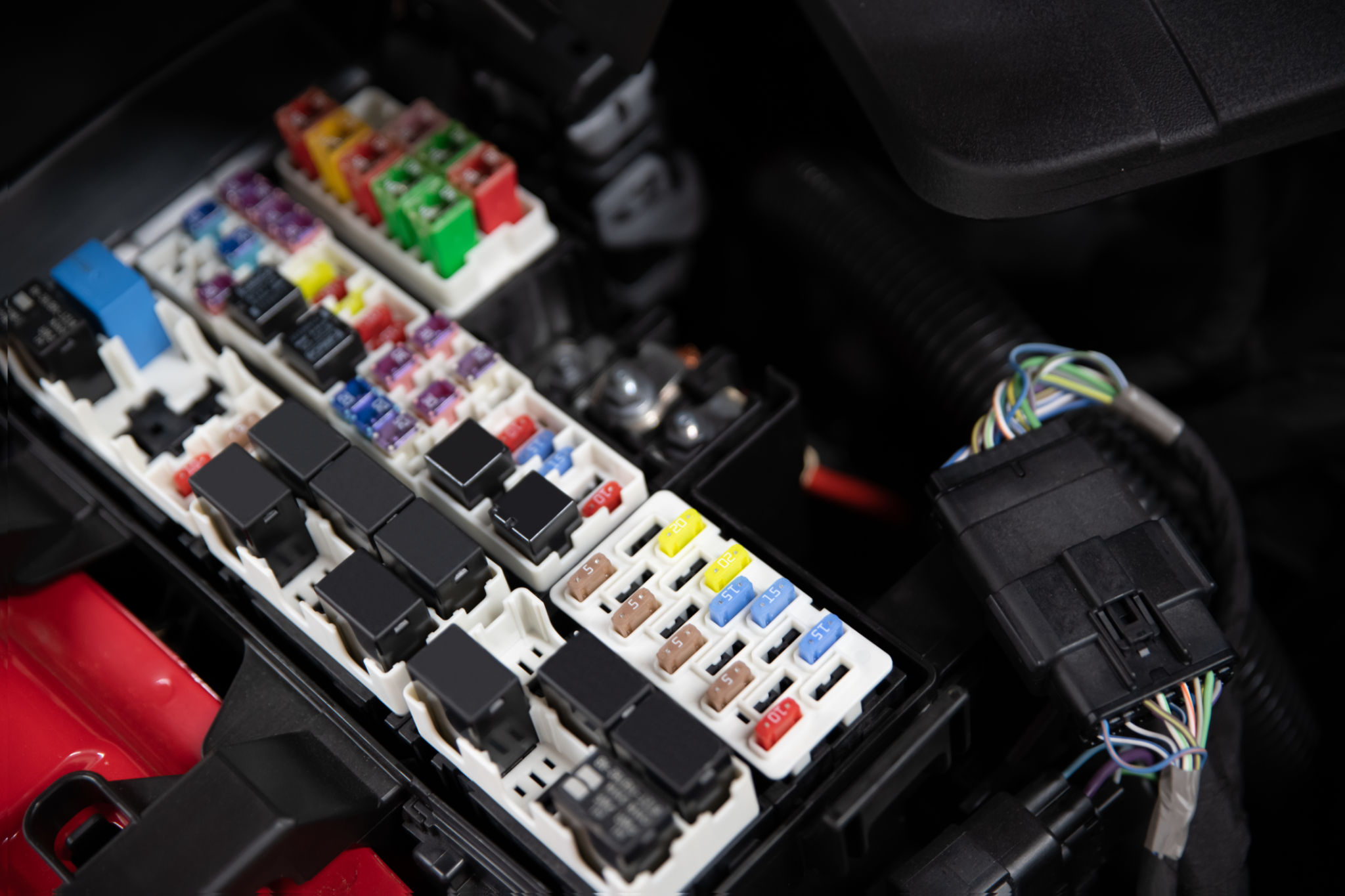DIY Tips for Minor Roadside Issues Before Calling a Tow Service
Flat Tire Fixes
One of the most common roadside issues is a flat tire. Before calling a tow service, consider fixing it yourself. If you have a spare tire and a jack, you can replace the flat tire in a few simple steps. First, ensure your vehicle is on a stable surface and set the parking brake. Use the lug wrench to loosen the lug nuts slightly, then place the jack under the car's frame and lift the vehicle until the tire is off the ground.
Once the car is lifted, remove the lug nuts completely and take off the flat tire. Mount the spare tire onto the hub, replace the lug nuts, and tighten them in a star pattern to ensure even pressure. Lower the car back to the ground and remove the jack. Make sure to double-check that all the lug nuts are secure before hitting the road again.

Dealing with Dead Batteries
A dead battery can leave you stranded, but jump-starting your car is a straightforward solution. To do this, you'll need a set of jumper cables and a second vehicle with a working battery. Position both cars so their batteries are as close as possible without touching. Turn off both vehicles and connect one end of the red jumper cable to the positive terminal of the dead battery and the other end to the positive terminal of the good battery.
Next, attach one end of the black jumper cable to the negative terminal of the good battery. Connect the other end to an unpainted metal surface on your car's engine block. Start the working vehicle and let it run for a few minutes before attempting to start your car. Once your car starts, remove the cables in reverse order.

Overheating Engine Solutions
Overheating engines can be alarming, but they often have simple solutions. If you notice your temperature gauge rising, pull over immediately and turn off the engine. Allow it to cool for at least 30 minutes before attempting any further steps. Once cooled, check your coolant levels. If they are low, add more coolant or water if necessary. Always carry a bottle of coolant in your trunk for emergencies.
Inspect for any visible leaks or broken hoses that may require professional attention. Restart your engine and monitor the temperature gauge closely. If overheating persists, it may be time to call a tow service.

Addressing Minor Fuel Issues
Running out of fuel is an avoidable yet common issue. Carrying a small gas canister in your trunk can save you from long walks to the nearest gas station. If you do run out of gas, it's crucial to safely park your car on the side of the road with hazard lights on. Use your gas canister to get enough fuel to reach a nearby station.
If your car won't start even after refueling, there might be air trapped in the fuel lines. In such cases, it might be necessary to prime the fuel pump or consult your vehicle's manual for additional troubleshooting tips.

Handling Minor Electrical Issues
Minor electrical issues such as malfunctioning lights or wipers can often be resolved by checking and replacing blown fuses. Your vehicle's manual will guide you to the fuse box location and provide a diagram for identifying each fuse's function. Carry spare fuses in your glove compartment for quick replacements.
If replacing a fuse doesn't resolve the issue, check for loose connections or corroded terminals in your vehicle's electrical components. In some cases, simple cleaning or tightening can fix these minor issues.
